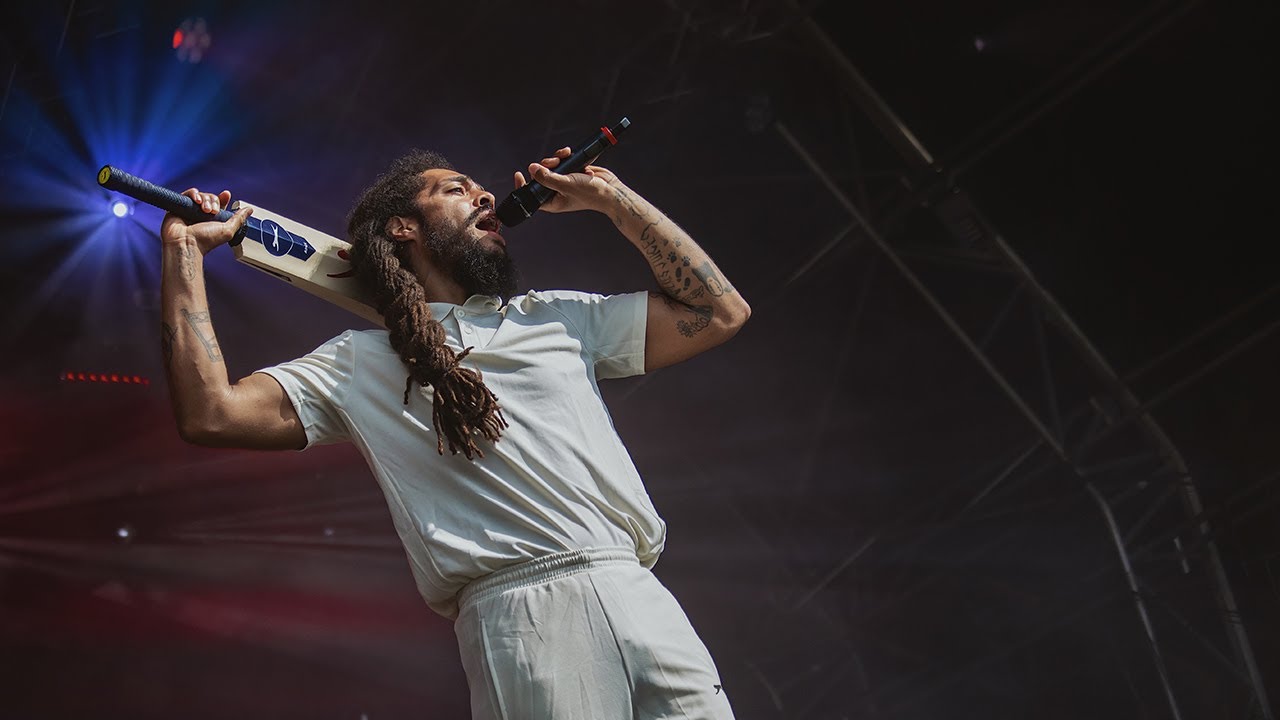
Mclub World – Bob Vylan suddenly found themselves in the middle of a political storm when a planned gig in the Netherlands was cancelled after controversial comments made by American right wing figure Charlie Kirk sparked heated debates. The cancellation shocked fans who had already bought tickets and were eagerly waiting to see the British punk rap duo known for their bold lyrics and uncompromising style. The incident quickly became a talking point on social media as many people questioned why the statements of a US political commentator ended up influencing a music performance in Europe. Supporters of the band described the decision as unfair and argued that the stage should remain a place for artistic expression free from political intervention. Yet others defended the choice of the venue, saying that allowing the gig to go forward could have caused tension and unwanted backlash.
“Read More: The 10 Leading Countries in the Electric Vehicle Revolution”
Bob Vylan built their reputation by mixing punk energy with rap storytelling while addressing themes of race, inequality, and resistance. Their outspoken nature often brought them into the spotlight, but this time the situation escalated because of remarks made by Charlie Kirk that connected indirectly to the atmosphere surrounding their planned Dutch appearance. Although the duo did not make the statements themselves, critics quickly tied the performance to the broader debate over right wing influence in cultural spaces. The band had nothing to do with Kirk personally, yet the controversy spread fast enough that the Dutch venue faced pressure to act. Eventually, the organisers decided to cancel the show to avoid what they called unnecessary risk. This decision not only frustrated fans but also highlighted how political discussions in the United States can ripple across Europe and affect artists who had no direct involvement in the matter.
The cancellation of the Dutch gig provoked strong reactions from fans who expressed their disappointment across various online platforms. Many felt cheated after purchasing tickets and planning to attend the show, only to see it scrapped at the last moment. For them, the situation reflected a wider issue of how politics interferes with art and live entertainment. Several users on social media voiced concerns that musicians may lose opportunities simply because of political associations they never intended to carry. On the other hand, a group of observers defended the decision and argued that organisers had a responsibility to keep the event safe. They claimed that ignoring the controversy might have resulted in heated protests or even disruptions during the concert. This clash of opinions revealed how divided audiences can be when music and politics collide in unexpected ways.
“Read About: Top 10 2025 Car Models in Indonesia That Will Totally Blow Your Mind”
The Dutch cancellation raises questions about artistic freedom and the responsibility of venues in times of political sensitivity. Musicians often use their art to challenge norms and spark debate, but external events can still derail their opportunities. The case of Bob Vylan shows how quickly international politics can shape local entertainment decisions. Advocates of free expression worry that more artists could be punished for associations beyond their control. Venues and promoters, however, argue that they must prioritize safety and avoid controversies that may harm their reputation or cause financial losses. This ongoing tension between free artistic expression and public responsibility reflects a larger challenge for the music industry worldwide. While artists aim to deliver their message to audiences, the social and political climate can determine whether their voices are heard or silenced before they even step on stage.
The incident involving Bob Vylan in the Netherlands might be a sign of what live music could face in the coming years. As global politics increasingly intertwine with entertainment, bands and venues may need to prepare for heightened scrutiny over who they associate with, directly or indirectly. Fans may also have to adjust expectations, knowing that political controversies can lead to last minute changes in schedules or outright cancellations. Some industry experts believe that stronger dialogue between artists, venues, and communities will be necessary to prevent conflicts from escalating. Others suggest that governments should help protect artistic freedom while still respecting public safety concerns. Whatever the solution, the case demonstrates how fragile the balance has become between culture and politics. For musicians, promoters, and audiences alike, the challenge is learning how to keep music alive even when external pressures threaten to silence it.
This website uses cookies.